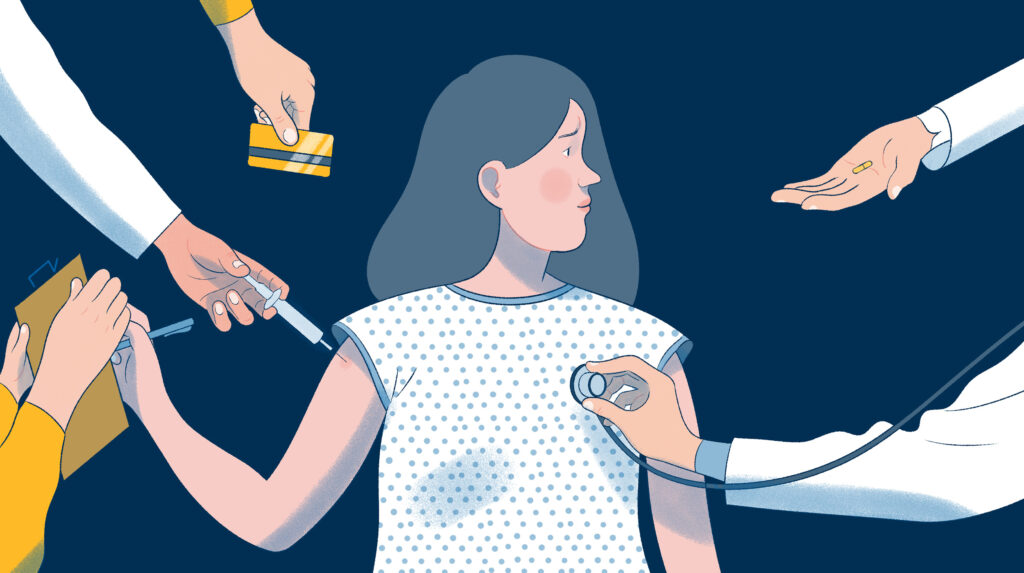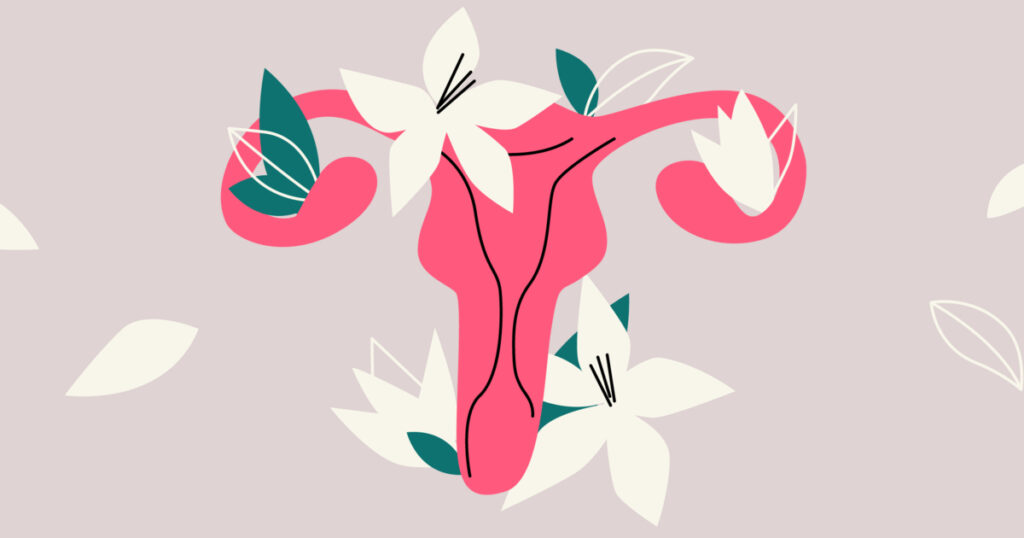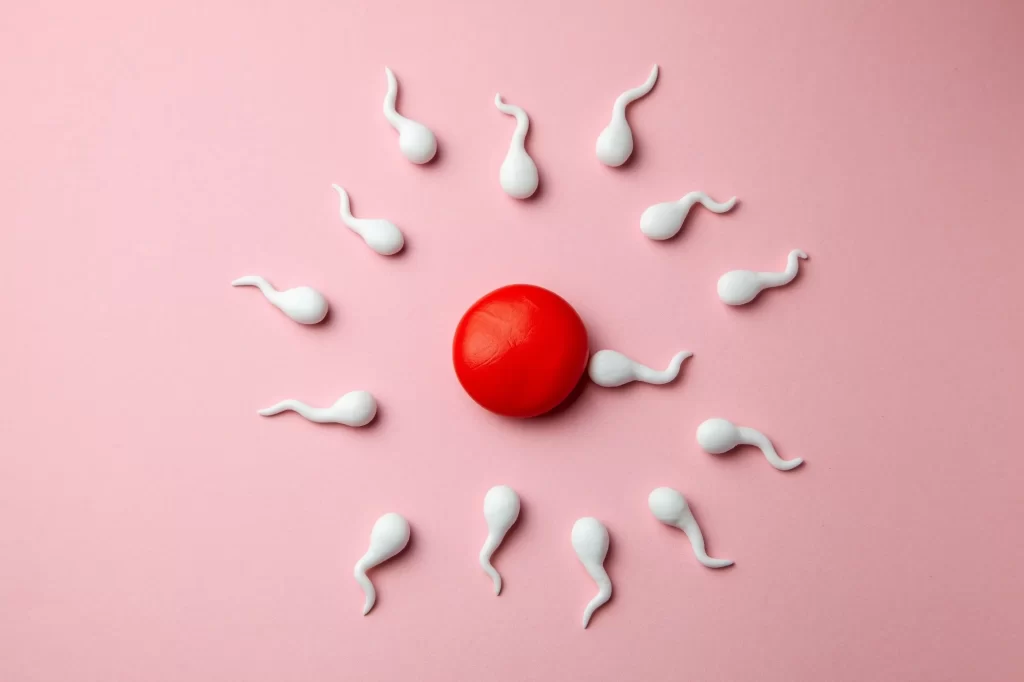Fertility is a unique and deeply personal journey, and for many individuals, the path to parenthood can be filled with unexpected challenges. Fertility preservation is a topic that has gained prominence in recent years, offering a way for people to safeguard their reproductive options for the future. In this blog post, we’ll explore the concept of fertility preservation, with a particular focus on the process of egg freezing and sperm banking. We’ll also dive into the potential benefits and considerations associated with these options.
My Personal Journey:
At the age of 28, I found myself at a crossroads, a juncture in life where I had to make a significant decision about my future family. An anti-Mullerian hormone (AMH) test revealed that my fertility levels were lower than expected for my age. This unexpected news left me with a myriad of emotions, but it also pushed me to explore fertility preservation.
I decided to embark on the journey of egg freezing, a process that, although promising, is challenging. The operation is costly, and it puts your body through a considerable amount of stress. For someone with a fear of needles, a history of living with a chronic illness, and an unpleasant history with medical procedures, it was no small feat to inject myself with hormones daily. However, I was determined to overcome my fears and make the best choice for my future.
The two weeks of hormone injections were physically and emotionally demanding, but I was proud of my ability to adapt and grow throughout the process. However, I encountered some unexpected hurdles along the way.
Facing Unexpected Challenges:
The fertility clinic’s transparency about the procedure’s costs left much to be desired. The final bill was significantly higher than initially mentioned, leaving me feeling financially strained. This lack of transparency added stress to an already challenging journey.
After the procedure, I was required to take antibiotics as a precaution. To ensure the purity of the eggs I was preserving, I decided to stop taking my pharmaceutical medications for ulcerative colitis. I felt strong and full of hope with the abundance of hormones in my body, but what followed was a life-altering experience.
Every day I took the antibiotic, I became progressively sicker, eventually entering the worst ulcerative colitis flare of my life. My life came to a standstill, and I had no choice but to return to my heavy pharmaceutical medications. I was devastated, as these medications went against everything I wanted for my body.
I am now sharing this experience nearly five months later, as I’ve gradually regained my health. While I credit my recovery to returning to prescription drugs, I remain hopeful about discovering alternative, holistic approaches that may allow me to wean off them in the future.
Listening to Your Intuition:
My journey has taught me a valuable lesson—no matter the situation, you always have options. Even in the face of expert opinions, it’s essential to listen to your body and intuition. Specialists and doctors, as well-meaning as they may be, can’t fully comprehend what’s happening inside your body. Only you can truly know how you feel and what is right for you.
I have learned this lesson the hard way, repeatedly ignoring my intuition and succumbing to external pressures. It’s my hope that by sharing my story, you’ll find the strength to stand up for what you know is right for your body, no matter the circumstances. Society often projects the idea that specialists and doctors have all the answers, but the truth is that we are the ones who hold the key to our well-being. Trust in your intuition, and never underestimate the power of your own voice. In my case, it could have made all the difference.




